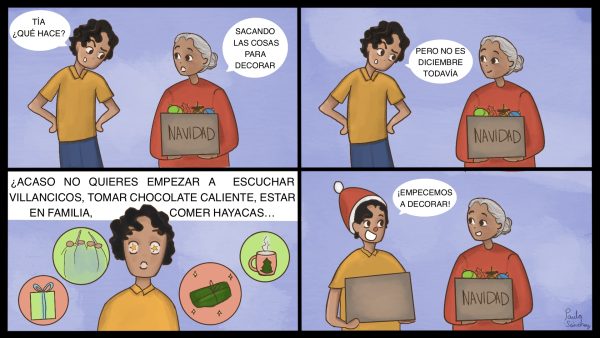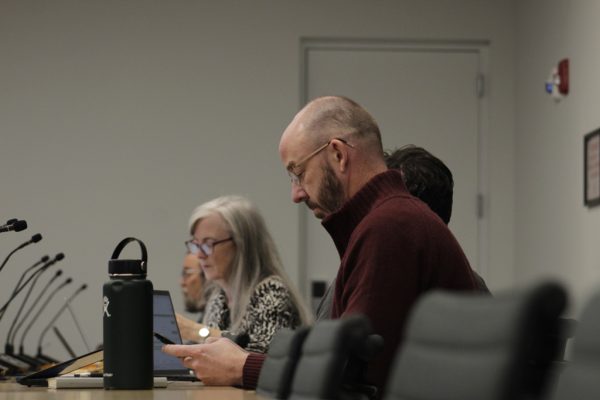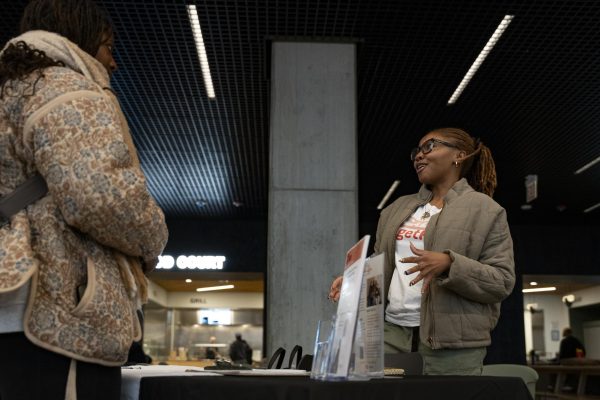Students speak out on prioritization
September 25, 2011
The question of student involvement in the prioritization process was clarified at the Sept. 15 town hall meeting at Film Row Cinema of the 1104 Center when an attendee asked President Warrick Carter if students would participate in the decision-making process.
There will be no direct student involvement, said Johann Lindig, consultant with the Academic Strategy Partners who will be guiding the process throughout the year. However, there are “student-focused” individuals serving on the committees that will be keeping students in mind with each decisions made.
“I trust Columbia to represent my best interest,” said Jacob Mays, senior poetry major. “I don’t think most students would be able to fully grapple [with] the nuances and complications of these very, very advanced deliberations.”
Mays also serves as a member of the senate of the Student Government Association.
The administration has selected two committees of faculty and staff members to evaluate academic and non-academic programs. The members of each team are to act as trustees of the entire school, Vice
President of Student Affairs Anne Foley announced at the meeting.
The “student-focused” committee members have not been identified. However, some students have a high level of trust in the members of the committees.
“Obviously they’re not going to do anything that would make us hate where we are,” said Kendal Klitzke, sophomore television major and executive vice president of SGA. “I understand the idea behind being upset that there aren’t students sitting on the committee, but the people who are on the committee were selected because they had a very broad scope of what the students want. They have a certain level of experience.”
Agreeing with Mays, some students are saying the process would be too big for students who, with school and other duties, could not fulfill the committee responsibilities like faculty and staff members could.
“I don’t know what student would be able to effectively separate their own biases and represent such a large group and not include their own opinion,” Klitzke said.
“I don’t know of anybody who would be able to make a grandiose decision for the entire school from a student perspective because we’re concerned with our classes in our own departments.”
However, some said the administration could be doing more to effectively communicate the process to the students.
Joseph Hirsch, junior humanities, history major, said the rumor mill is the main route for information like this to travel. He believes that Columbia should have introduced this to students sooner.
“There [have] been a lot of cut backs for part-time faculty [in my department],” Hirsch said. “A lot of equipment things aren’t working. As a student worker, when I see giant flat-screen TVs in the basement of [the Alexandroff Campus Center, 600 S. Michigan Ave.], in a non-academic space, I feel as if that should be our priority.”
Hirsch worries about the level of confusion it will create if the process is not addressed with students.
“It’s great to have cool spaces, but I also think academics should be our No. 1 priority,” Hirsch said. “Not communicating and seeing things like that kind of creates a lot of uncertainty.”






